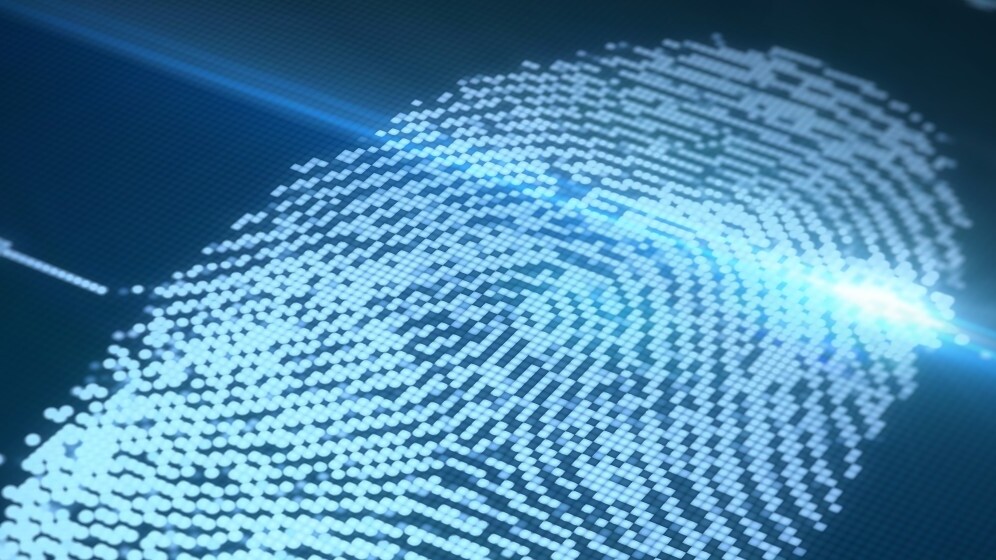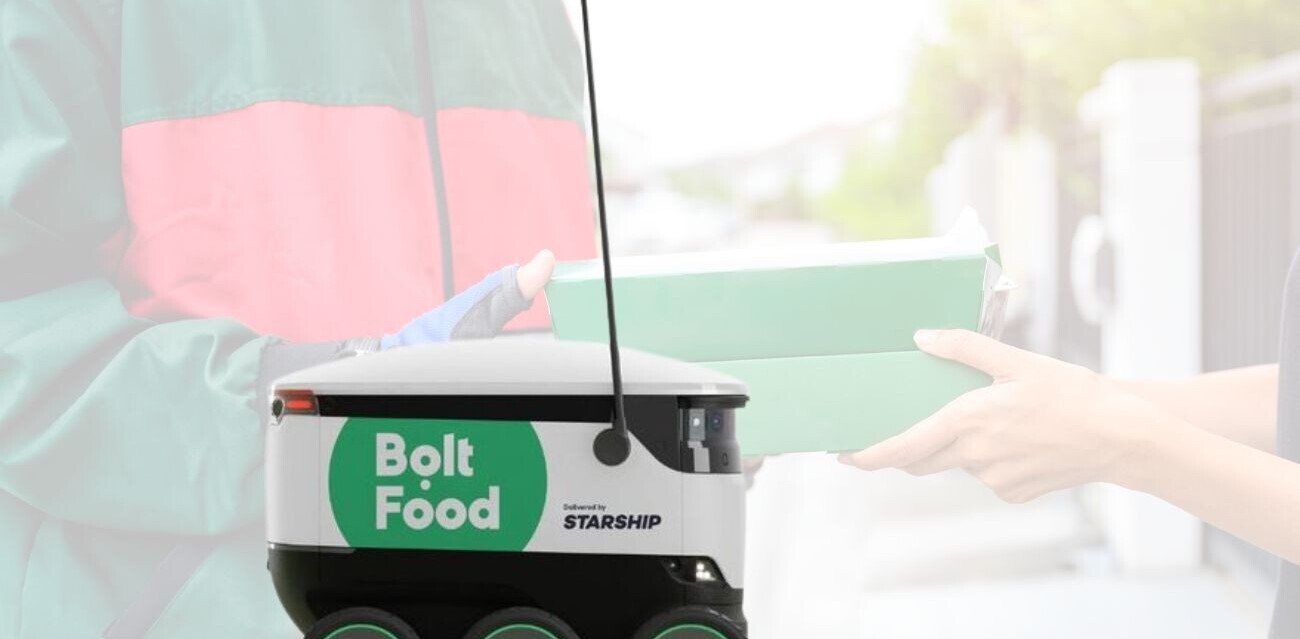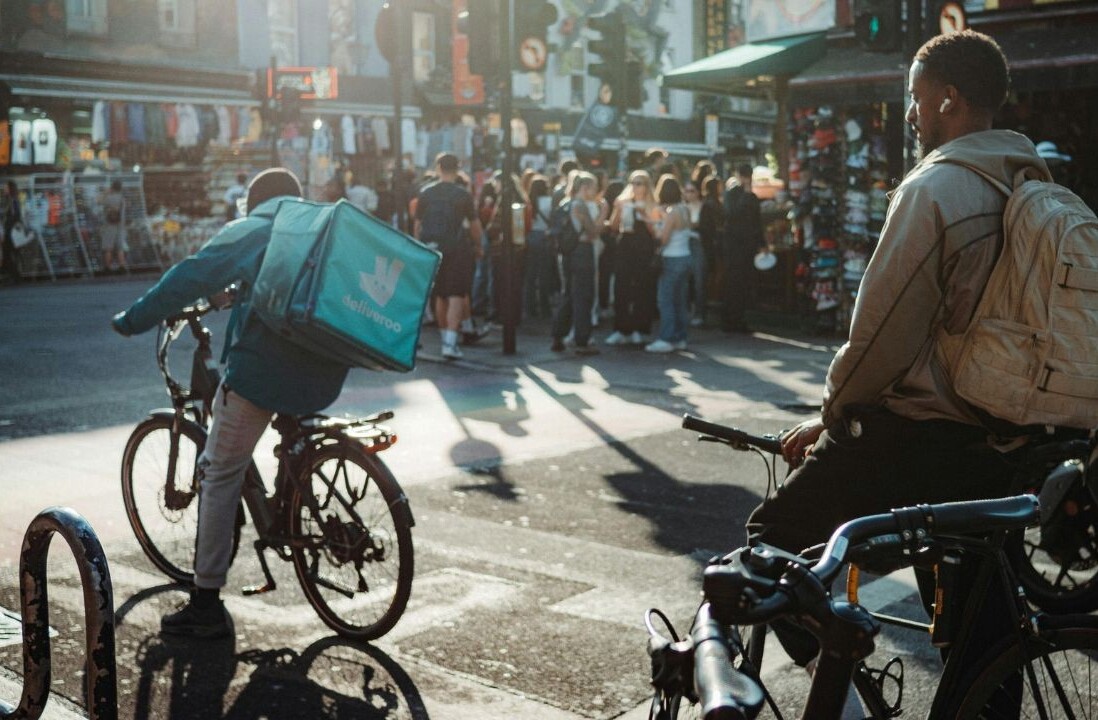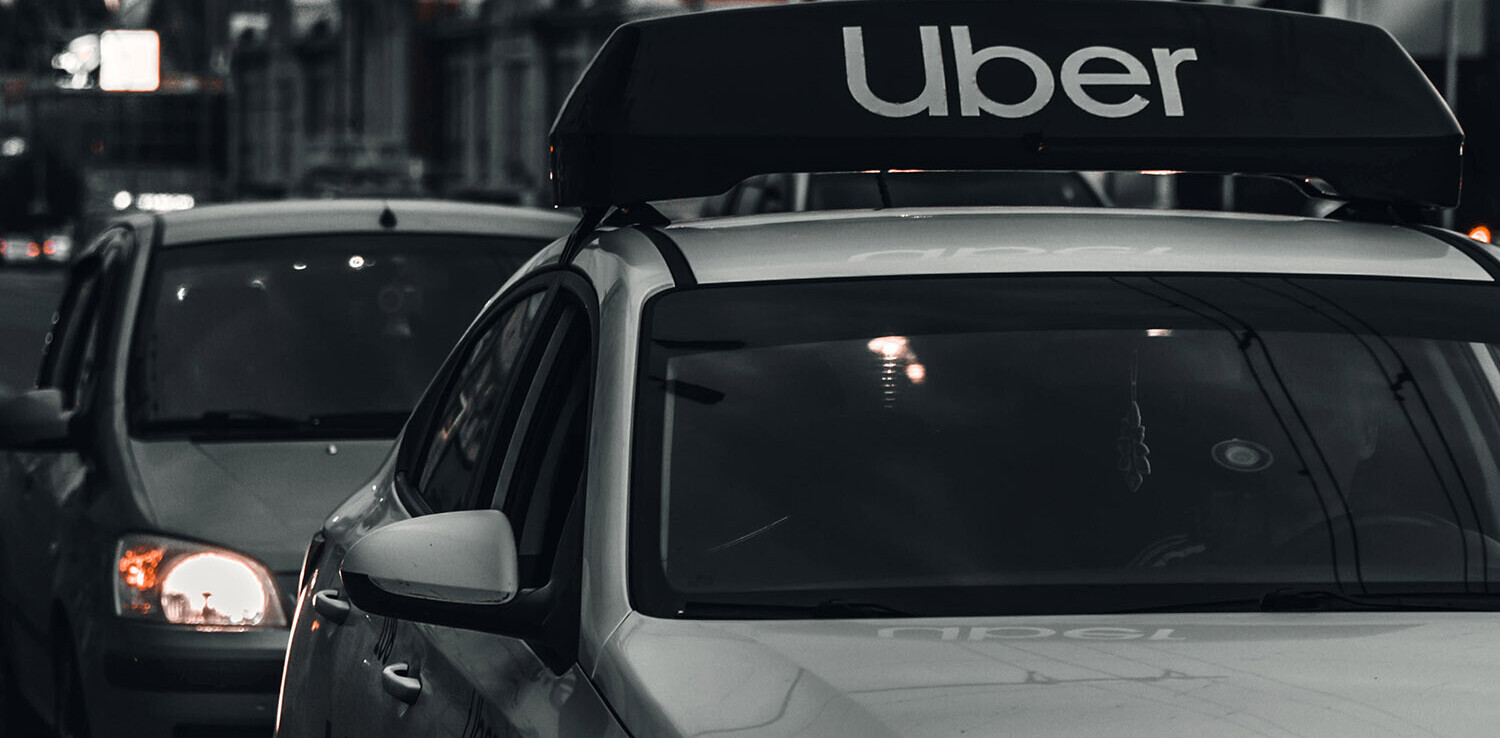
Nasty battles continue to wage in court for Uber, according to a report by the New York Times. An amendment filed to a civil suit against the ridesharing behemoth has now included some damning details as prosecutors, who are district attorneys from San Francisco and Los Angeles, claim the company’s background check process is not sufficient.
According to the amended complaint, spanning 62 pages, Uber did not identify 25 drivers with a criminal past. Those crimes include violent felonies, sex offenses and many different property crimes.
Uber detailed its background check policy in an updated blog post in July:
People wanting to sign up with Uber as a driver-partner are required to provide detailed information, including their full name, date of birth, social security number, driver’s license number, a copy of their driver’s license, vehicle registration, insurance, and proof of a completed vehicle inspection. With the potential driver’s approval, Accurate and/or Checkr then look into his or her background. They run a social security trace to identify addresses associated with the potential driver’s name during the past seven years, and then a criminal background check to search for his or her name and addresses in a series of national, state and local databases for convictions in the last seven years.
Notably, this check does not include fingerprints. Traditionally, as with background checks on cab drivers, fingerprint scans are provided (generally through a technology called LiveScan) and run through the FBI and Department of Justice fingerprint databases.
In that same blog post, the company explains its reasoning for not providing fingerprint scans.
Essentially, Uber’s reasoning boils down to its claim that fingerprint scans both overreach and under-identify bad backgrounds. According to their post, “In 2014 at least 600 people in San Diego, Los Angeles, and San Francisco—all cities that require taxi drivers to go through Live Scan—who previously drove taxis failed our background check.”
The scans also turned up crimes for which potential crimes were never prosecuted or convicted.
In a statement to the Times, Uber says that its choice to not use fingerprints doesn’t make its process any worse than cab companies that use LiveScan in background checks:
The reality is that neither is 100 percent foolproof — as we discovered last year when putting hundreds of people through our checks who identified themselves as taxi drivers. That process uncovered convictions for D.U.I., rape, attempted murder, child abuse and violence.
In addition to court battles, Uber may also have to face the will of California legislature. Although it fought hard to lobby against a bill including fingerprints in background checks, California assemblyman Adrin Nazarian introduced California Bill AB24 in December. The bill provides new language to enforce stricter checks, and currently remains in committee.
Despite its legal issues, Uber remains on top: The Wall Street Journal reported in July that the company recently closed a funding round that values the company at $50 billion.
➤ Uber Missed Criminal Records of Drivers, Prosecutors Assert [The New York Times]
Get the TNW newsletter
Get the most important tech news in your inbox each week.




